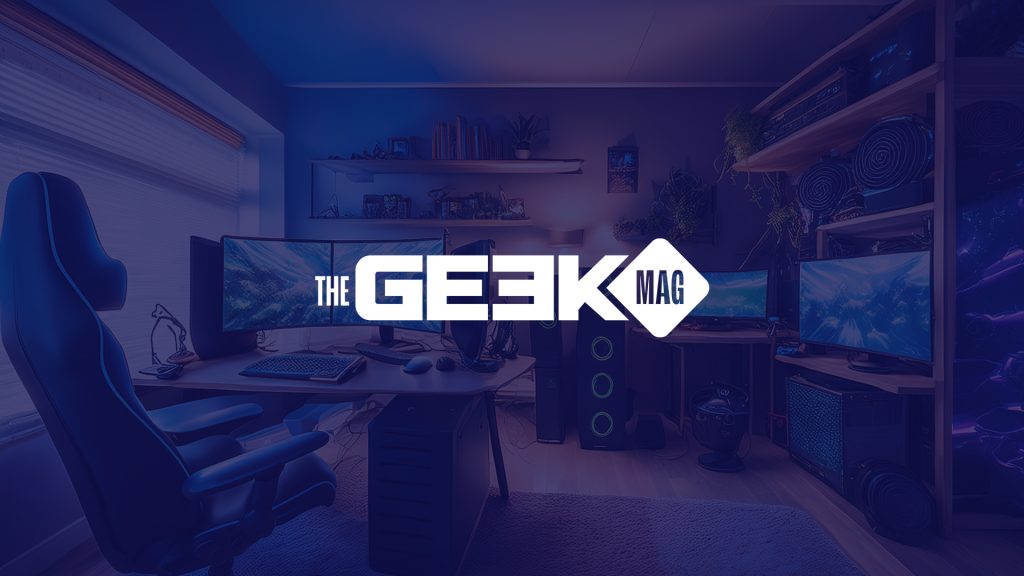You know that feeling when your phone lights up and you instantly sigh because you just know it’s work? You can even run your own business, but sure, it’s still going to feel soul sucking. But really, it doesn’t matter if it’s 7 p.m. or Sunday morning, your brain kicks into gear like it’s still sitting at your desk. Being constantly reachable used to feel like being responsible. Now it just feels exhausting.
It’s wild how normal it’s become to always be “on.” This really wasn’t much of a concept until COVID happened. For example, having to answer messages while walking to the fridge. Maybe even having to reply to emails during dinner. Keeping Slack open while brushing your teeth like it’s no big deal.
But deep down, something about it doesn’t sit right. Like, why should you be connected all the time? Why should anyone and everyone? And honestly, that low-key tension? That’s the cost of being online 24/7.
When “Just One More Thing” Never Ends
Okay, this one needs to start first, because there’s this kind of burnout that shows up when you’re always available. It doesn’t hit like a wall, it creeps in. You start getting annoyed more easily, feeling fried by lunchtime, and zoning out when people talk to you. Even if you’re not physically working, your mind’s still plugged in.
And when your brain is always halfway at work, it never fully powers down. So you’re stuck in this weird space where everything feels like a low-level emergency. Well, that constant buzz? It wears you out without you even realizing it.
Being Available isn’t the Same as Being Productive
Okay, so the thing about always checking in is it makes you feel productive, but it usually just keeps you in reaction mode. You end up hopping between messages and emails, and quick fixes instead of actually getting into deep work or solving real problems. And yeah, it leaks into everything. You’re trying to relax, but you’re still checking notifications.
You’re watching a show, but thinking about that email you forgot to answer. It’s like your brain is juggling flaming swords all day long and pretending that’s normal.
Boundaries Sound Harsh but Feel Amazing
No, really, like absolutely amazing! So, the word “boundaries” can sound a little cold, but honestly? Boundaries are just kindness in disguise. They’re how you protect your focus and your peace. You don’t need to go full off-grid mode. Even something small, like putting your phone on Do Not Disturb for an hour, can give your brain a real break. You seriously deserve this!
But in all seriousness, it just can’t be stressed enough that you need to look into turning off work notifications after a certain time, blocking out one meeting-free hour during the day, or not responding to that email until tomorrow morning doesn’t make you unprofessional. It makes you sane.
Tiny Breaks are Where the Magic Happens
Well, the magic happens with any break, actually (but it needs to be a real break). So, you don’t need a two-week vacation to reset. Well, it’s nice to have, but you very well might not need that extensive one. Okay, so anyway, sometimes all it takes is a little gap between tasks where your brain gets to breathe. Five quiet minutes.
Nope, really, that’s it. So, maybe you can do a stretch, enjoy a snack without multitasking, or even a quick round of Freecell can help your mind shift gears without completely zoning out. How can this even help? Well, these little moments add up. They don’t have to be productive, again, it’s about more headspace.
You Need to Find a Rhythm that Doesn’t Feel Like Chaos
Okay, so here’s something you really need to just keep in mind: it’s not about quitting tech or ignoring people. It’s about building a rhythm that doesn’t feel like you’re sprinting from sunup to sundown. That might mean setting a rough “cutoff time” for work stuff. Maybe no emails after 6 p.m., or no checking Slack in bed. Whatever makes you feel like your day actually ends. Please, these boundaries matter, and you need to stick to them.
You Deserve to Log Off without Explaining Yourself
People are getting scared of this one nowadays. But yeah, it’s easy to feel like you owe people a response right away. Like, if you don’t reply in five minutes, you’re slacking. But most things can wait. And honestly, responding from a calm, rested headspace is usually way better than trying to squeeze out replies while half-distracted and annoyed.
You’re allowed to log off. No out-of-office needed. No big explanation. Just you deciding that your time and headspace matter too.
The post The Real Cost of Always Being ‘Online’ for Work appeared first on TechNuovo | Bitesized tech news and reviews.



